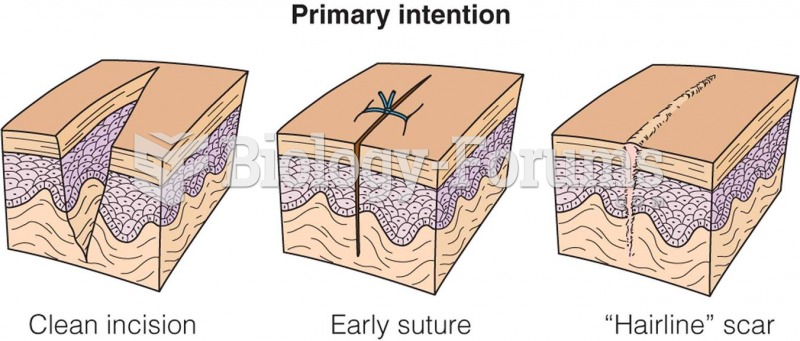|
|
|
Once thought to have neurofibromatosis, Joseph Merrick (also known as "the elephant man") is now, in retrospect, thought by clinical experts to have had Proteus syndrome. This endocrine disease causes continued and abnormal growth of the bones, muscles, skin, and so on and can become completely debilitating with severe deformities occurring anywhere on the body.
More than 30% of American adults, and about 12% of children utilize health care approaches that were developed outside of conventional medicine.
The types of cancer that alpha interferons are used to treat include hairy cell leukemia, melanoma, follicular non-Hodgkin's lymphoma, and AIDS-related Kaposi's sarcoma.
Throughout history, plants containing cardiac steroids have been used as heart drugs and as poisons (e.g., in arrows used in combat), emetics, and diuretics.
About 80% of major fungal systemic infections are due to Candida albicans. Another form, Candida peritonitis, occurs most often in postoperative patients. A rare disease, Candida meningitis, may follow leukemia, kidney transplant, other immunosuppressed factors, or when suffering from Candida septicemia.
 Apply knee to chest stretch for posterior hip and leg muscles. Facing the table directly, place one ...
Apply knee to chest stretch for posterior hip and leg muscles. Facing the table directly, place one ...
 Apply effleurage and petrissage on top arm. Stand in front of recipient and hold her hand with one ...
Apply effleurage and petrissage on top arm. Stand in front of recipient and hold her hand with one ...





